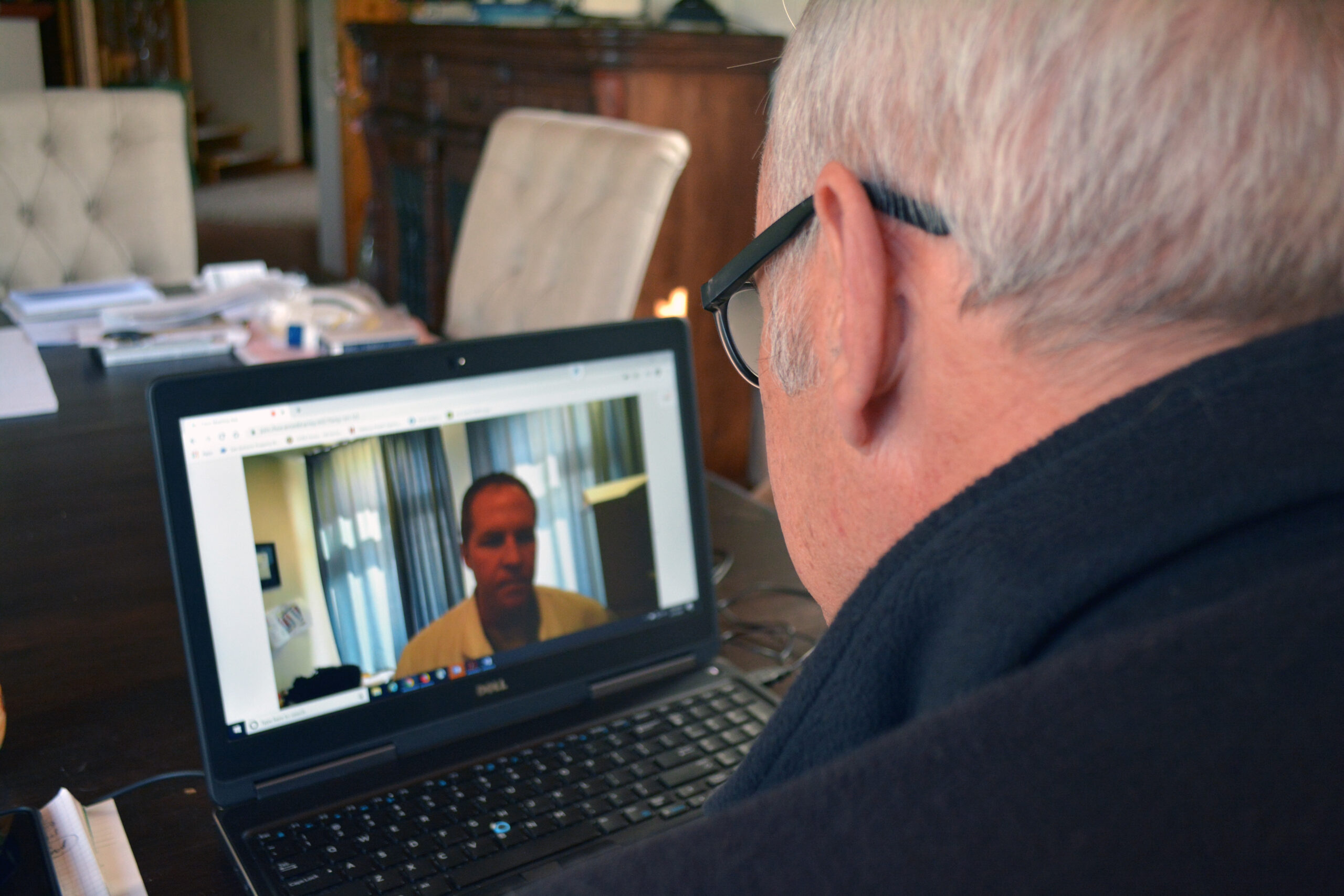

The Army is being Spartan-kicked further into the Information Age by the novel coronavirus (COVID-19), which is forcing the service to reevaluate the way it provides health care to and communicates with soldiers and their families.
With many soldiers and their families confined to their homes across the country over the spreading virus, personnel who specialize in behavioral health and quality of life are taking steps to help meet soldiers where they are and ensure they have access to the care they need, Army officials told reporters on Tuesday.
Col. Dennis Sarmiento, chief of the Army Surgeon General Behavioral Health Division, told reporters in a call on Tuesday that it’s “not uncommon” for service members and their families across the Defense Department to “sometimes have difficulty accessing care,” whether that’s behavioral health care, primary care, or something else.
“Before COVID, we used [virtual care] to augment capacity and capability for in-person care, we used it to augment some of the consultation and care that we do in a deployed setting, or operational setting,” Sarmiento explained. “And I think what we’re finding is we can apply the lessons from those operational settings to what we’re doing day in and day out.”
Since the health protection level at Army installations were raised to HPCON Charlie, which restricts access to essential personnel only, routine actions and appointments now are being conducted virtually and by phone, or video teleconference capability, Sarmiento said.
As the Army is working to keep soldiers and families connected and provide them with valuable resources in a more isolated world, the service is also thinking of how to maintain that level of connectivity after the pandemic is over.
On a broader scale, leaning into the digital age will help keep families who live off-post connected in ways they weren’t before. Col. Steve Lewis, the deputy director of the Army’s Quality of Life Task Force, stated that the crisis has forced the Army to look at how they make installation events, like leadership town halls, and other resources more accessible.
“This has really given us an opportunity to take advantage of that technology and reach those families … and allows us to look at how we can continue to deliver this support and services and resources when we all start coming back to work on the installation again, knowing that we still have a number of family members that are off the installation.”
At the end of the day, said the Army’s Chief of Chaplains Maj. Gen. Thomas Solhjem, the message to soldiers is that the service will get through the current crisis together.
“We’ve got to stay socially and spiritually connected with each other even while we practice the physical distancing,” Solhjem said. “It’s become apparent to me, there’s an awakening how important our faith, our family, our friends, and our fellow coworkers and teammates are to us. I think this situation has made that clear.”